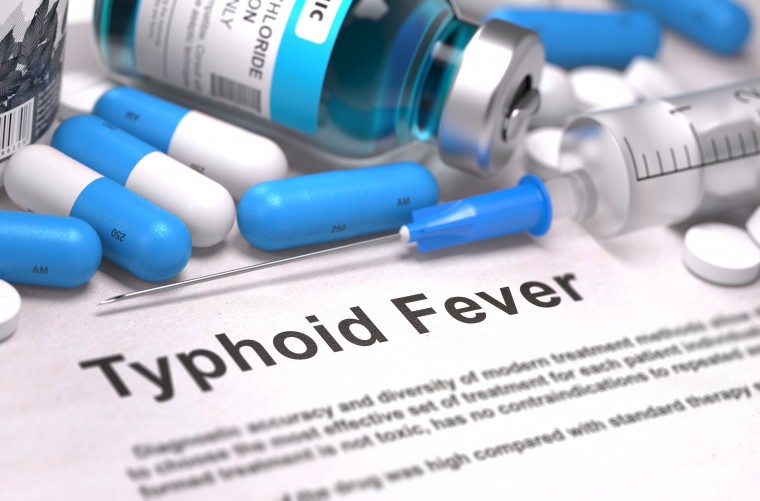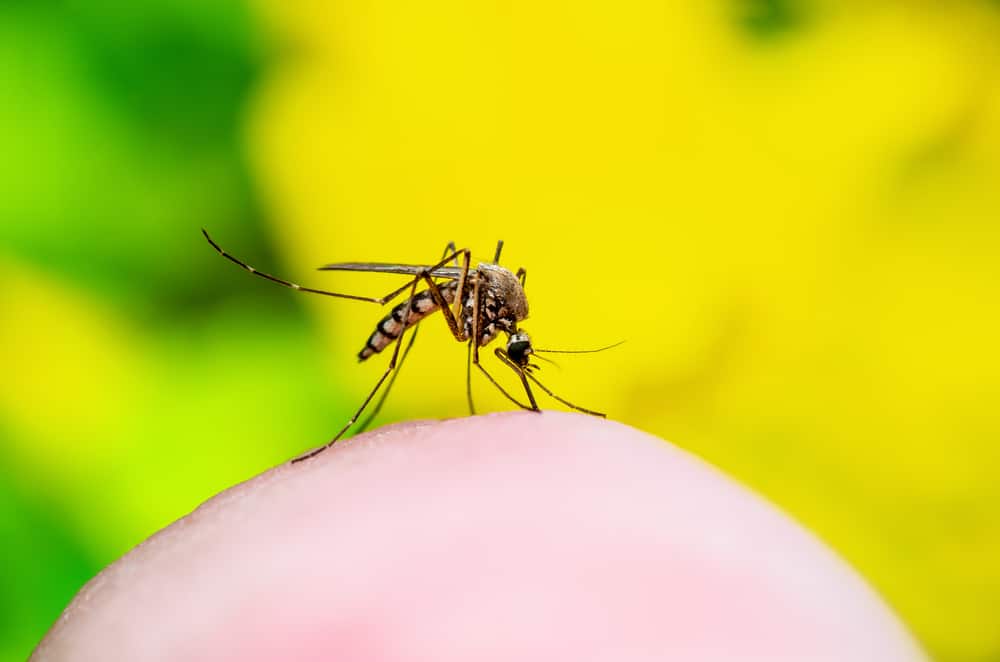How Typhoid Spreads and How to Protect Yourself?

In the UK, typhoid fever isn’t something you hear about every day. But still, each year, some people catch this fever. These are the ones who travel to those areas where typhoid is prevalent….
In the UK, typhoid fever isn’t something you hear about every day. But still, each year, some people catch this fever. These are the ones who travel to those areas where typhoid is prevalent. This shows that getting a typhoid fever vaccination is important for travellers.
In this blog, we’ll discuss everything about typhoid fever: its causes, symptoms, complications, and most importantly, how you can protect yourself.
What is Typhoid Fever?
Typhoid fever, caused by the bacterium Salmonella typhi, is a serious and potentially life-threatening illness. It spreads primarily through contaminated food and water. This makes it a significant concern for travellers to regions with poor sanitation and hygiene standards.
How Does Typhoid Fever Spread?
Typhoid fever spreads easily from person to person. An infected person can unknowingly excrete the bacteria in their faeces or urine. When contaminated faecal matter or urine contaminates food or water sources, the bacteria can infect others who consume them.
This mode of transmission highlights just how vital it is to stick to good hygiene habits and make sure your drinking water is safe. Good hygiene practices are especially crucial in places where there are no proper sanitation systems.
What are the Symptoms of Typhoid Fever?
Typhoid symptoms typically start with a gradually increasing fever, accompanied by headaches, body aches, fatigue, and a dry cough.
As the illness progresses, loss of appetite, nausea, abdominal pain, and diarrhoea may develop. In some cases, a characteristic rash may appear.
What are Typhoid Fever Complications?
Complications from typhoid fever can be severe, especially if left untreated. Roughly one in ten untreated cases lead to complications, typically arising in the third week of infection.
The most common complications include internal bleeding in the digestive system and perforation of the bowel. Both of these conditions require immediate medical intervention.
How Can You Treat Typhoid Fever at Home?
Fortunately, typhoid fever can be effectively treated with antibiotics if diagnosed early. A course of antibiotics, typically lasting 7 to 14 days, is prescribed to eradicate the bacteria from the body.
It’s essential to complete the entire course of antibiotics, even if symptoms improve, to prevent the development of antibiotic-resistant strains. Additionally, rest, hydration, and maintaining good hygiene practices are crucial components of typhoid treatment at home.
Get Typhoid Fever Vaccination at Miles Pharmacy
Getting vaccinated against typhoid fever, along with keeping clean, and making sure your food and water are safe, is the best way to prevent it.
If you have any concerns or require further information about typhoid fever vaccination or travel health, get in touch with us. To get typhoid fever vaccine, simply book an appointment.


